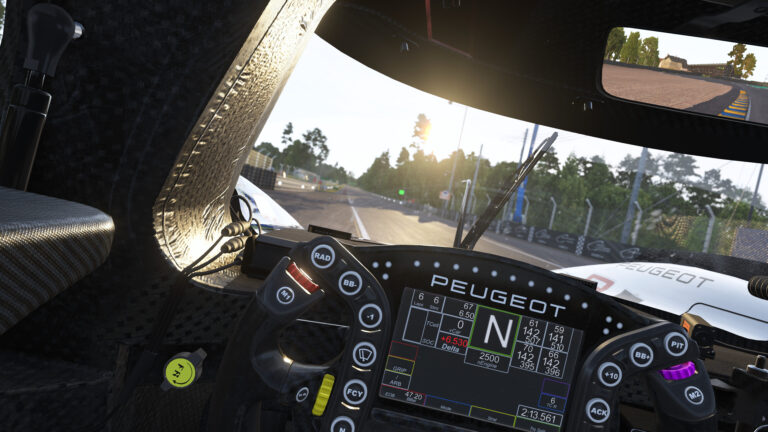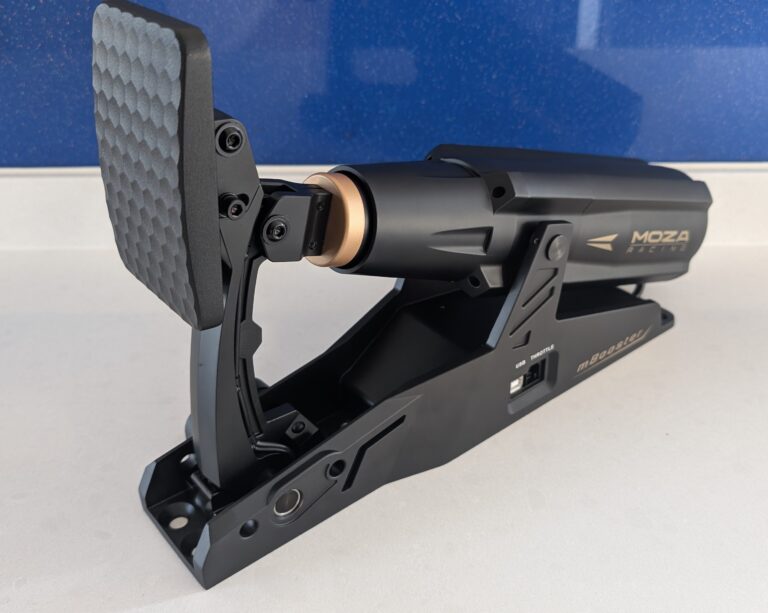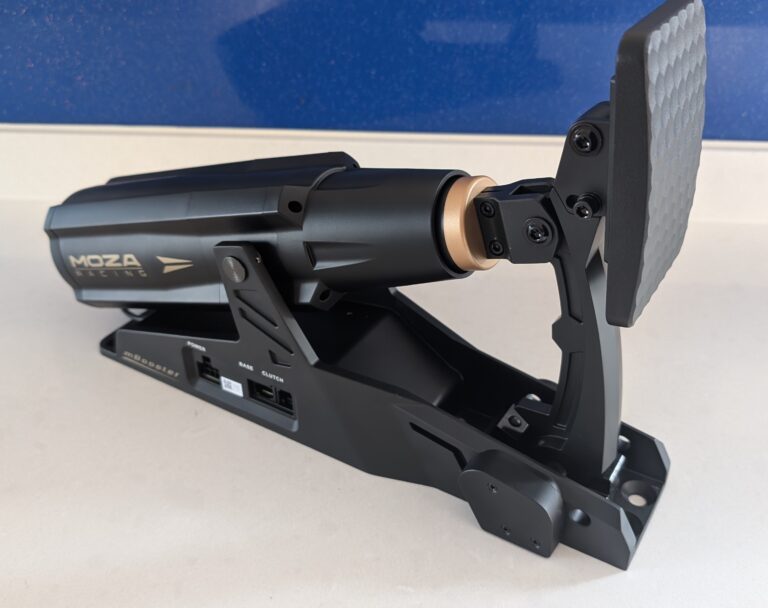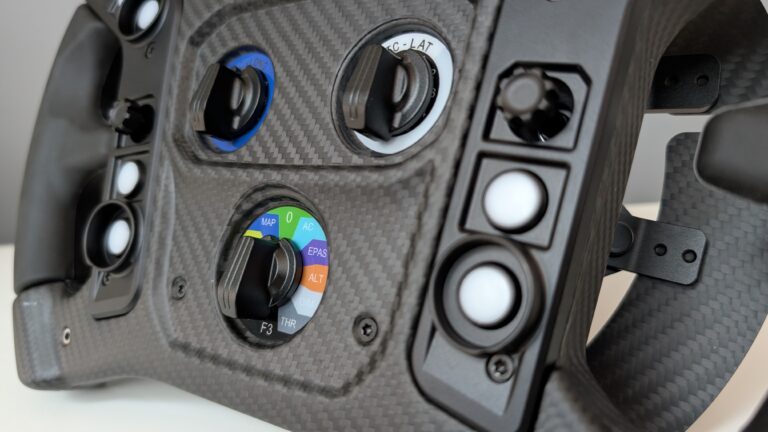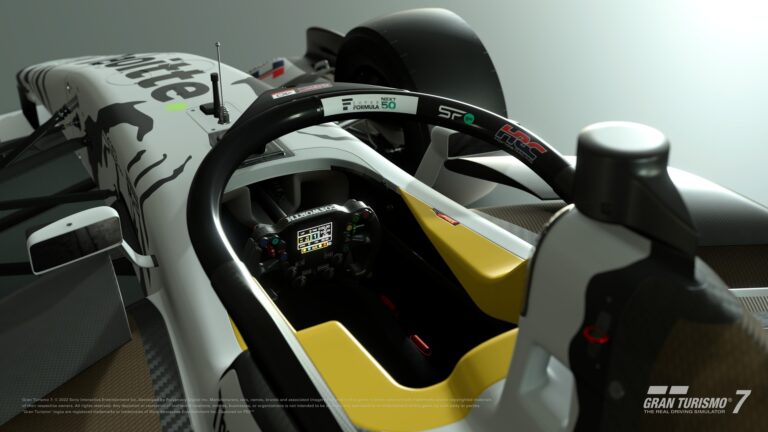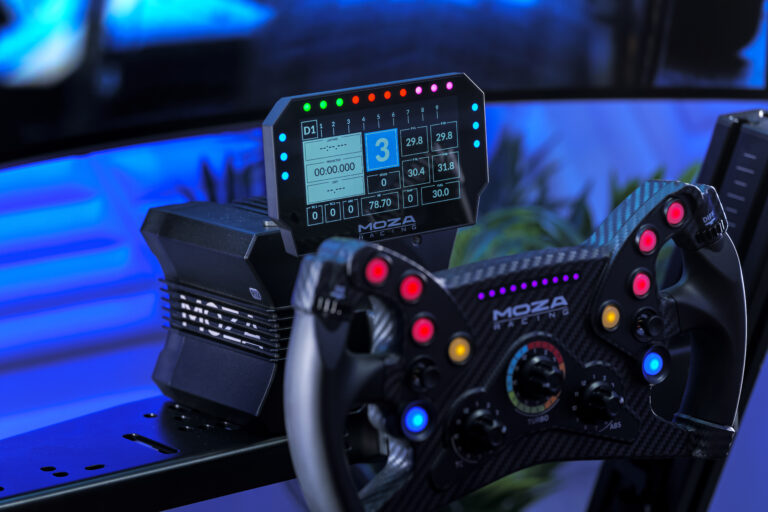When we were growing up, we’d watch racing and rally heroes like Ayrton Senna and Walter Röhl using the heel/toe technique to smooth their downshifts when they were braking for corners.
The heel/toe technique isn’t something you see in modern racing categories anymore. For the most part, modern sports prototypes and formula cars simply don’t need to be driven using this technique, as they’re equipped with a throttle auto-blip for the downshift.
This means that the gearbox electronics can work in tandem with the engine ECU to increase the revs for a split second when the clutch is fully depressed and has now started to return to the bite point to complete a downshift.
Back in the day, things were different:
Classic racing and rally cars have no such electronics to make them easier to drive.
It seems a bit strange to be sitting in a classic racing car in your sim using paddles, so I think every driver should know and be able to use this technique. And, If you’re a driver like me, who might like to use the sim to improve their real-world driving skills then you’re going to need a gear shifter and a clutch!
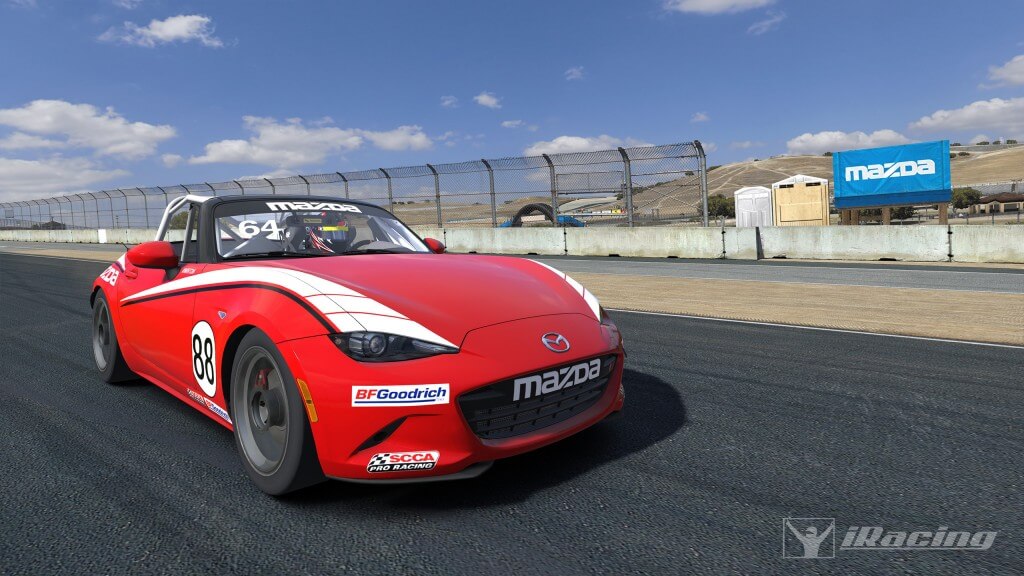
What is heel and toe?
If you’re reading this, you probably already know what the heel and toe technique is; but you’re looking to improve or, learn the technique from scratch.
The heel/toe technique helps you maintain the all-important balance in the car as you’re downshifting, matching the engine revs to the approximate wheel speed of the car. This prevents you from suddenly slowing the car when you release the clutch. Unintended engine braking unbalances the car which, can cause a slide. A well-balanced car means a maximum grip, which of course means maximum pace!
And I suppose if you want to emulate your heroes and impress the girls (or boys!), then you’re going to have to bite the bullet and learn how to heel and toe in your racing simulator.
How to heel and toe in the racing simulator
You’ll have to excuse the pink socks in this video (I think they’re cool). I admit I’m no Ayton Senna but hopefully this step-by-step will be useful for you to learn.
I’ve recorded about 10 seconds of footage using my GoPro to look down on my pedal work.
How to heel and toe in the racing simulator
How to heel and toe:PS: I know about the flex in this RSeat RS1, an unfortunate consequence of the video really highlights why a stiffer sim rig is the way to go – mine’s on order and should be at SRC HQ in another few weeks.
Let me explain, step by step, what’s happening.
Approach the corner
In the first phase, I’m approaching a corner at maximum attack. The throttle is flat and i’m accelerating:

Brake
In the next phase, you (naturally) brake. You’ll notice I’m prepared to depress the clutch anticipating the downshift. My technique has my foot on the brake with the ball of my foot. My foot is slightly twisted, so at this stage I am “off” the throttle.

Landing your foot on the brake, without depressing the throttle takes a bit of practice. It’s really important to not touch the throttle at all or your braking will be very inefficient. Critically, though, I am prepared for the next phase.
Depress the clutch
While I’m braking, I’m putting the clutch down ready to downshift:

While this has happened you’ve disengaged from whatever gear you were in and you’re now in the process of selecting your new gear, ready to bring the clutch back up again.
Blip the throttle
Just as you’re about to lift the clutch, give the throttle a little press to bring the engine revs back up. Ideally, the revs will match the eventual engine speed as the clutch is fully lifted.

You’ll note I twist my foot so that the outer edge of my boot touches the throttle pedal (more on what boots I think are best for this in the sim here). Some drivers keep their heels on the baseplate and tilt their feet the other way. Personally, I don’t think this matters a great deal, do whatever you feel comfortable with.
This particular shot was a downshift from 3rd to 2nd gear – while braking to trail into a slow corner. Trail braking is a technique used to assist the car when turning into a corner by keeping the weight transfer forward. This keeps maximum grip on the front tyres.
Clutch up, trail into corner
At this point you’re in the final stages of the turn, perhaps with some very light trail braking, or you’ve completed the turn and you’re preparing to get back on the throttle:

This shot is just as I’ve come off the brakes, I’m waiting for my car to settle before I can get back on the throttle again. With practice you can smooth this procedure out; which is a must to make the heel/toe technique work perfectly. Good luck!


